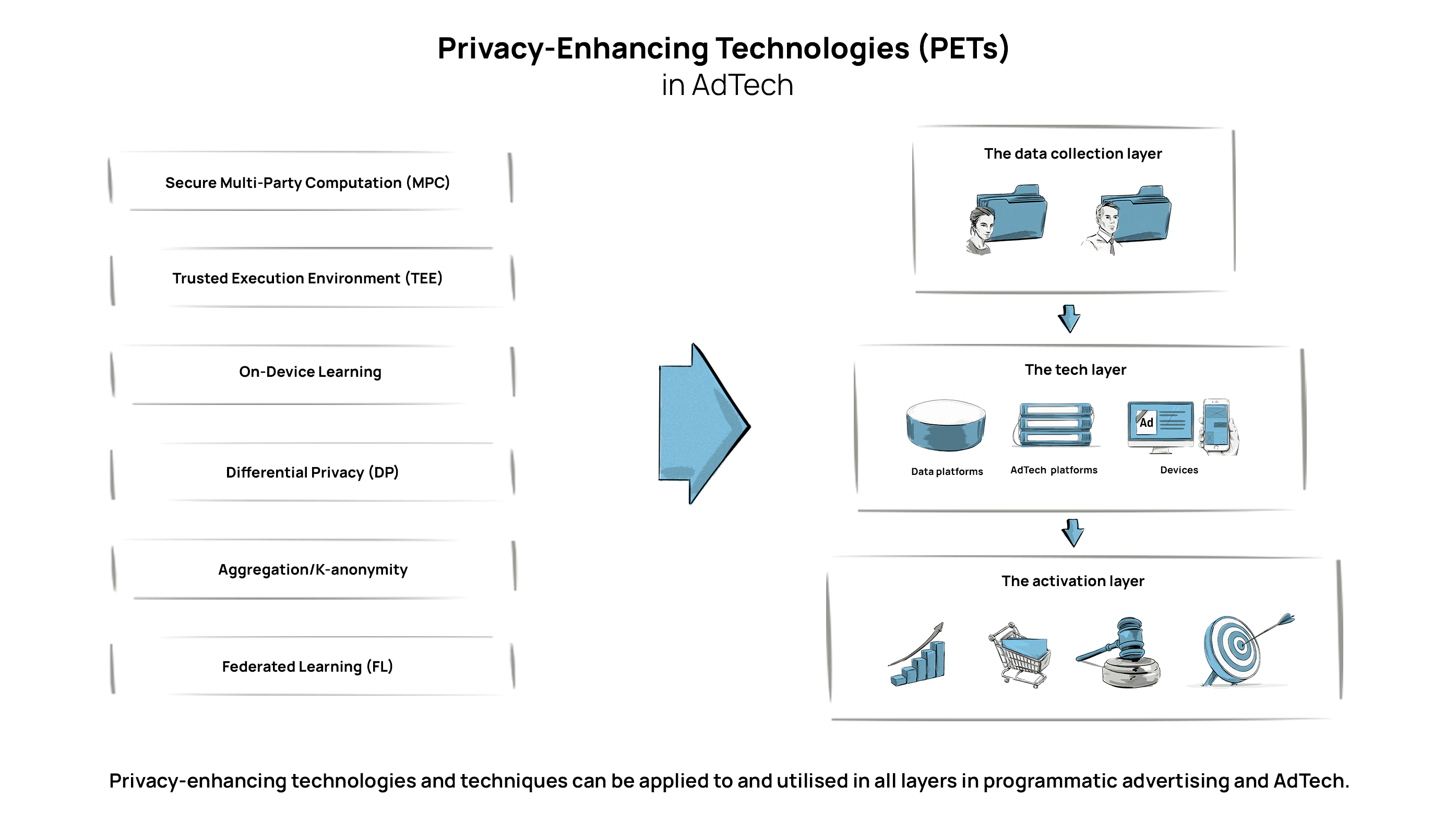
Elevating Privacy: Unveiling the Power of Privacy-Enhancing Technologies (PETs)
Privacy-enhancing technologies (PETs) emerge as powerful tools in safeguarding individual privacy amid the ever-expanding digital landscape. This article delves into the realm of PETs, exploring their significance, key features, and the transformative impact they bring to the forefront of privacy protection.
The Significance of Privacy-Enhancing Technologies
1. Addressing Digital Privacy Concerns
In an era where digital interactions are ubiquitous, concerns about personal privacy have escalated. PETs act as a proactive response to these concerns, offering solutions that empower individuals to retain control over their personal information, both online and offline.
2. Balancing Innovation and Privacy*
Privacy should not be compromised in the pursuit of innovation. PETs play a pivotal role in striking a balance between technological advancements and individual privacy rights. By embedding privacy considerations into the design of digital systems, PETs foster a harmonious coexistence of innovation and personal privacy.
Key Features and Components of PETs
1. Encryption as a Cornerstone*
Encryption stands as a cornerstone of PETs, ensuring that data remains confidential and secure. By implementing robust encryption protocols, PETs protect sensitive information from unauthorized access, providing individuals with a layer of privacy in their digital interactions.
2. Anonymization Techniques for Identity Protection*
PETs employ anonymization techniques to shield individual identities while still allowing for meaningful interactions. These techniques range from pseudonymization to more sophisticated methods, ensuring that individuals can engage in digital activities without compromising their true identity.
3. Consent Management and User Control*
Central to PETs is the concept of consent management and user control. Individuals should have the authority to determine how their data is collected, used, and shared. PETs empower users by providing transparent mechanisms for managing consent and exerting control over their personal information.
Transformative Impact on Digital Interactions
1. Privacy in the Era of Big Data*
As the volume of data generated and processed increases exponentially, PETs become essential in navigating the challenges of big data. They enable organizations to harness the insights derived from data while respecting individual privacy rights, fostering trust in data-driven environments.
2. Enhancing Trust in Digital Services*
By prioritizing privacy, PETs contribute to building trust in digital services. Whether in e-commerce, healthcare, or social media, individuals are more likely to engage with services that demonstrate a commitment to privacy. PETs serve as a trust-building mechanism in the digital ecosystem.
Challenges and Evolving Trends in PETs
1. Striking the Right Balance*
One of the challenges in implementing PETs is striking the right balance between privacy and functionality. Ensuring that privacy measures do not hinder the usability and effectiveness of digital services requires ongoing innovation and collaboration within the technology community.
2. Regulatory Landscape and Compliance*
The evolving regulatory landscape, including laws like the General Data Protection Regulation (GDPR), shapes the adoption of PETs. Organizations must navigate compliance requirements, and the continuous evolution of privacy laws adds complexity to the implementation of effective PETs.
Empowering Privacy with PETs Resources
For a deeper



